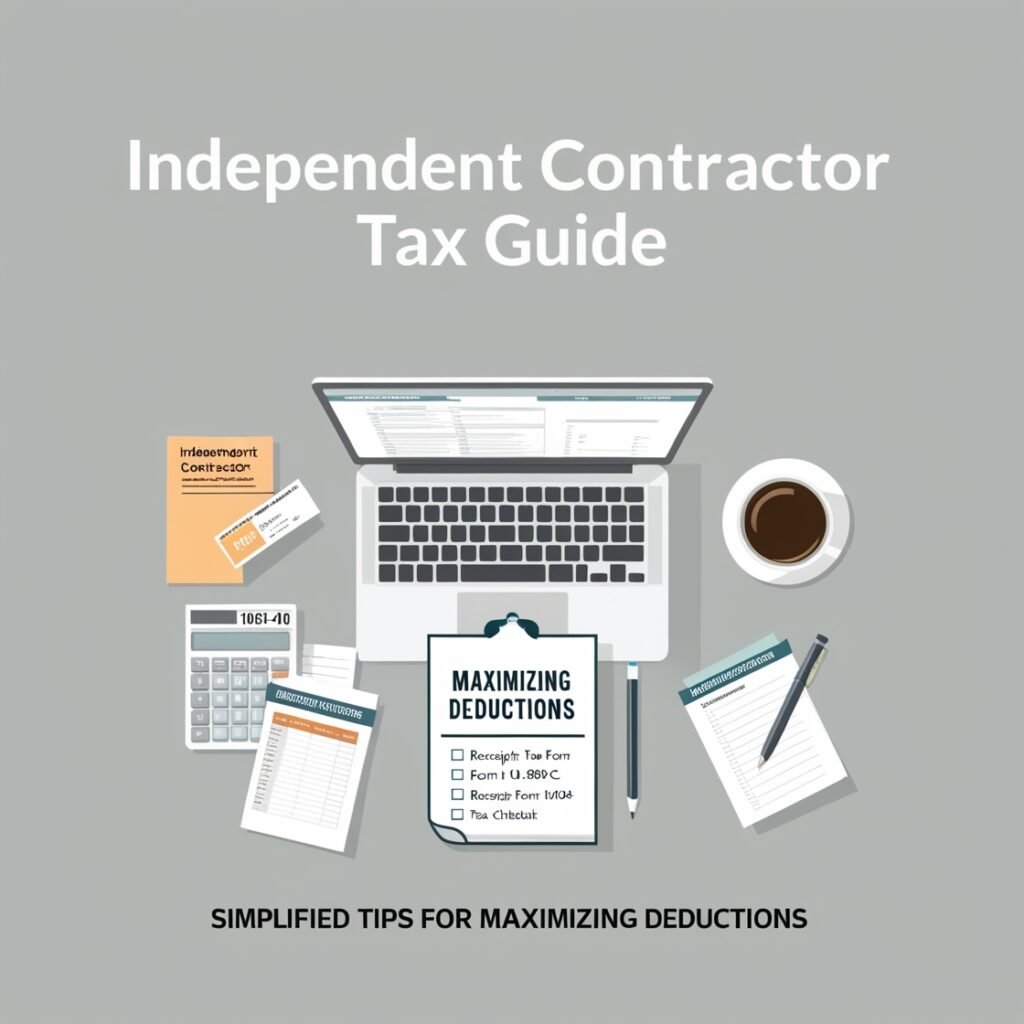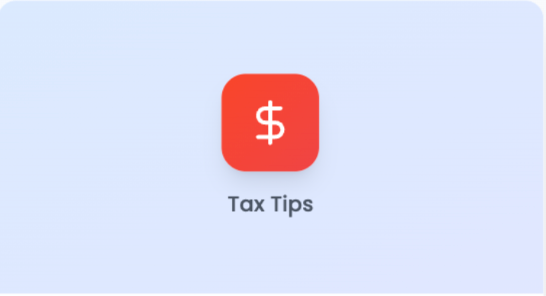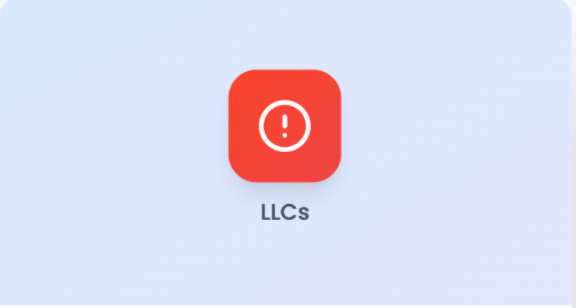Independent Contractor Taxes: Tips for Maximizing Deductions

Independent Contractor Taxes: Tips for Maximizing Deductions
Understanding Independent Contractor Taxes
As an independent contractor, you operate like your own small business. This grants you certain freedoms but also requires a deeper understanding of the tax landscape. Unlike regular employees, independent contractors are responsible for covering their own Medicare and Social Security taxes. To streamline this process and make the most of your potential deductions, follow these simplified tips.
Classification of Income
It’s crucial to grasp that as an independent contractor, your income classification works differently. Independent contractors typically receive a Form 1099-MISC from each client who pays you $600 or more in a tax year. Here’s what you need to track:
- Total income from all 1099-MISC forms
- Income from clients who may not meet the $600 threshold
- Sales from any business-related products
Navigating Tax Forms
The IRS requires independent contractors to file several forms. Make sure you’re familiar with the following key documents:
Form 1040
Form 1040 is your primary tax form. Independent contractors should pay special attention to Schedule C and Schedule SE.
- Schedule C: This form details your profit or loss from your business.
- Schedule SE: This form helps you calculate your self-employment taxes
Quarterly Estimated Taxes
Since taxes aren’t withheld from your paycheck, you’ll need to pay quarterly estimated taxes. Use Form 1040-ES to estimate and remit these payments.
Deductions: Your Key to Savings
Understanding what expenses can be deducted is fundamental for minimizing your tax burden. Common deductible expenses include:
Home Office Deduction
If you use a portion of your home exclusively for business, you can claim the home office deduction. The IRS allows two methods:
- Simplified Option: Deduct $5 per square foot of your home used for business, up to 300 square feet.
- Regular Method: Calculate actual expenses like mortgage interest, insurance, and utilities, prorated to the percentage of your home used for business.
Vehicle Expenses
If you use your personal vehicle for business purposes, you can either deduct the actual expenses or use the standard mileage rate, which stands at 58 cents per mile for 2023. Keep detailed records of mileage and related expenses.
Supplies and Equipment
Typical business expenses like office supplies, computers, and office furniture are deductible. Ensure you maintain receipts and detailed records for each item.
Marketing and Advertising
Promoting your business through ads, business cards, and website hosting fees are also tax-deductible. Track these expenditures meticulously.
Retirement Savings and Health Insurance
SEP-IRA Contributions
Contributing to a SEP-IRA can help you save for retirement while reducing your taxable income. Independent contractors can contribute up to 25% of their net earnings, up to a maximum of $66,000 for 2023.
Fidelity’s Guide on SEP-IRAs.
Health Insurance Premiums
As an independent contractor, you can often deduct your health insurance premiums, reducing your taxable income. Include premiums paid for yourself, your spouse, and dependents.
Records and Receipts
Record-keeping is non-negotiable. The IRS recommends that you maintain records for at least three years. Essential records include:
- Receipts and Invoices: Track all business-related transactions.
- Bank and Credit Card Statements: Cross-verify receipts with bank statements.
- Tax Returns: Keep copies of previously filed returns for reference and error checking.
- Mileage Logs: Detail your business travel distances and purposes.
Software Solutions
Using accounting software like QuickBooks or FreshBooks can make tracking expenses and income simpler. These tools provide expense categorization and can generate useful reports for tax preparation.
Professional Help
If your tax situation is complex, consider hiring a tax professional. A Certified Public Accountant (CPA) familiar with self-employment taxes can guide you through the nuances and help maximize deductions.
Book an appointment to see how our services can help you.
Final Tips
Stay Updated
Tax laws change, so keep an eye on annual updates from the IRS or subscribe to tax-related newsletters.
Organize Monthly
Dedicate time each month to organize your receipts, update your ledgers, and review your expenses. This habit can significantly reduce stress during tax season.
Set Aside Funds
Create a dedicated savings account for your tax payments. Regularly divert a portion of your income to this account to ensure you’re never caught off guard by tax demands.
Conclusion
Navigating independent contractor taxes doesn’t have to be overwhelming. By understanding your responsibilities, keeping diligent records, and taking advantage of available deductions, you can minimize your tax burden and focus on growing your business. Utilize the tips in this guide to streamline your tax process and ensure you’re maximizing your financial efficiency.




One Response